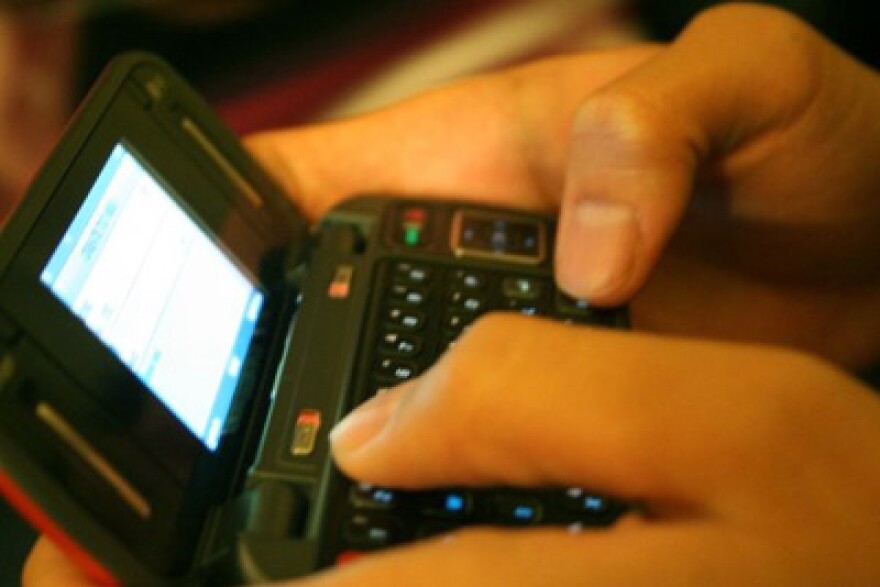Conversations for some have become a scramble between maintaining eye contact and checking one’s phone.
University of Michigan professor Daniel Kruger explained the relationship between cell phone usage and one’s attention span.
“It seems like a feedback loop and it happens quite frequently. We think it’s related to social attention- imagine you have attention as a limited resource and you’re dividing it between those people in your real space and those people in your virtual networks,” said Kruger.
He suggested that updating one’s Twitter functions as entering a conversation in which others can’t participate. Doing so initiates a chain reaction in which others in the room decide to check their phones to feel included.
According to Kruger, this can have a detrimental impact on the way one interacts with the world.
“It can detract from it. When everyone is in their own little world, then the social interactions that we have in real space can suffer. This is something I hope people become more aware of and that we manage our smartphones appropriately.”
Most of the people in Kruger’s study were between 18 and 22 years of age.
“Most of the people we observed were around the typical student age and it seems to be my impression that younger adults seem to be on their smartphones the most.”
He hopes that habitual phone usage will not entirely hinder our communication skills.
“I’m hoping that there’s more attention paid to inter-personal communication skills. This is a broader concern that people have that people aren’t really building the skills of what it means to have in-person interactions.”
Kruger says people should form phone habits that do not impede on personal interactions.
“We have to learn how to use this technology in a way that doesn’t interfere with the other aspect of our life. People should pay more attention to how this interacts with the real-life social world."
-Cameron Stewart
There are two ways you can podcast "Stateside with Cynthia Canty"




